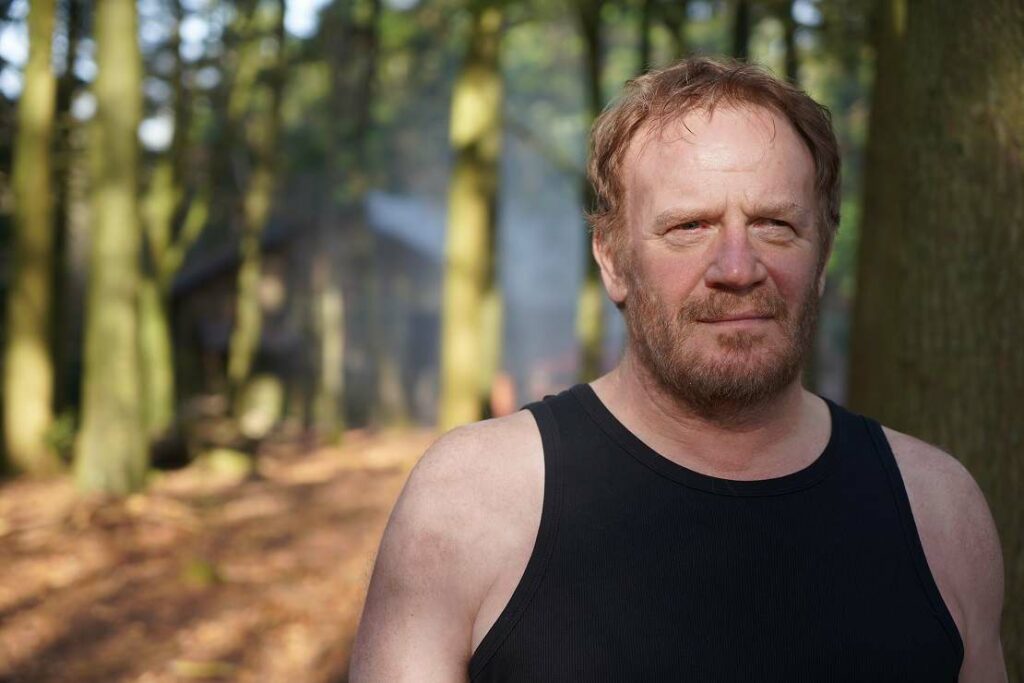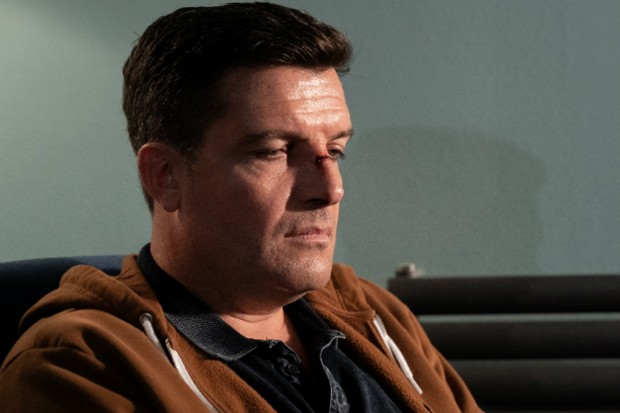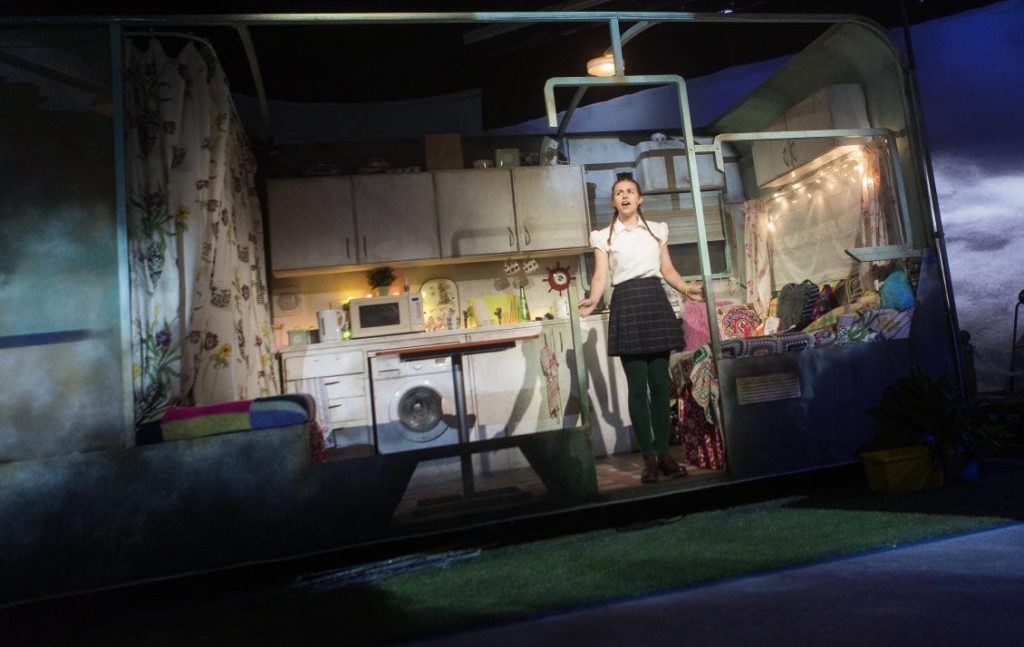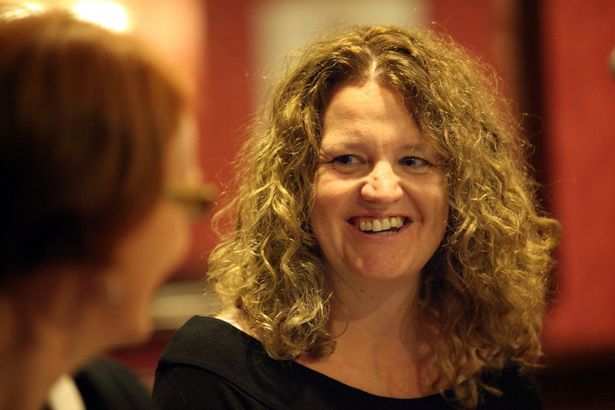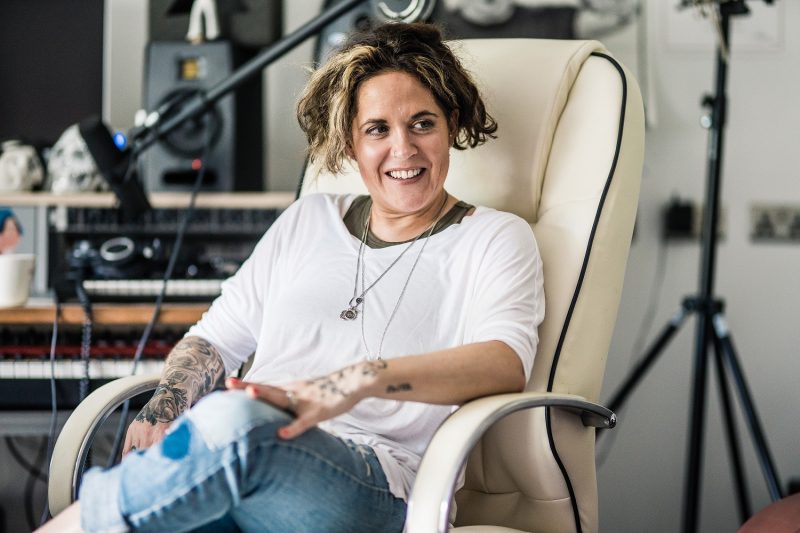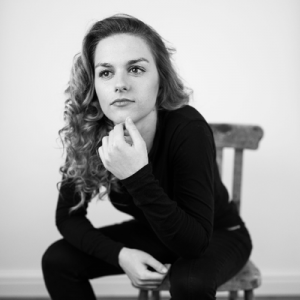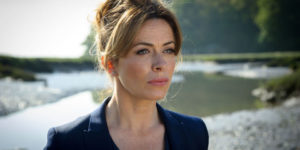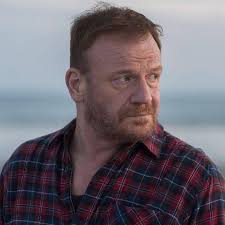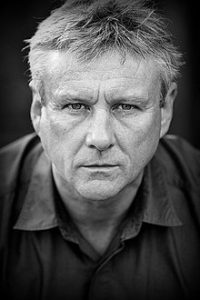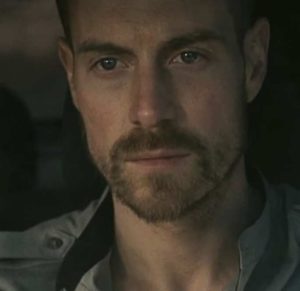 (4 / 5)
(4 / 5)
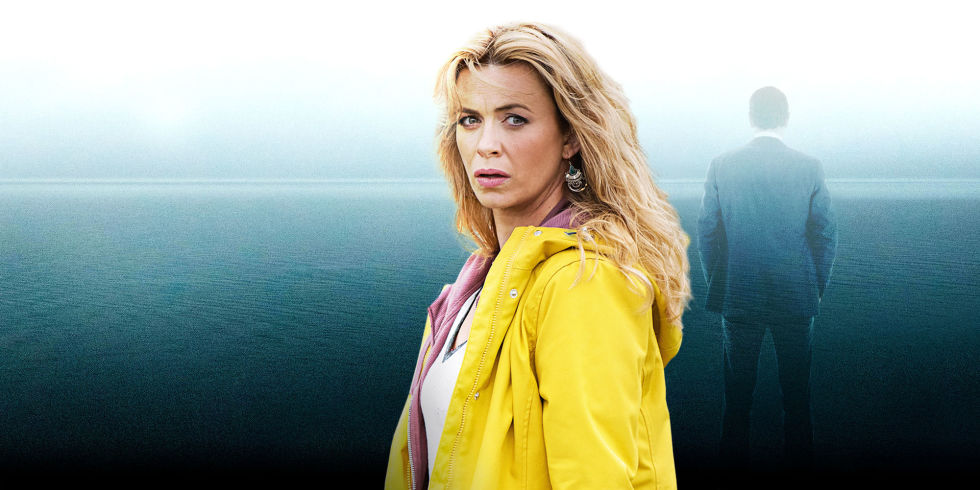
There is a moment in the final series of Keeping Faith when Eve Myles becomes Celia Imrie. The transformation is extraordinary. There is no CGI or special effects; rather, just Eve Myles doing what Eve Myles does best. It’s why we’ll miss her as Faith, the gutsy, emotional, steely and vulnerable lawyer who has been through the ringer, so to speak, over three series of the hit Welsh drama. Throughout that time, Myles has more than embodied the character. She has become her. And in this, her final swansong, Imrie has matched her star quality as Faith’s cold, manipulative and deliciously deceitful mother, Rose. Together, the two of them have simply sparkled onscreen. Their sparring matches have been so emotionally explosive that they have enthralled and exhilarated in equal measure. The introduction of Faith’s backstory has been a stroke of genius by the show’s creator, Matthew Hall, and these two acting heavyweights have helped to make it so. However, they are by no means the sole contributors to its success.
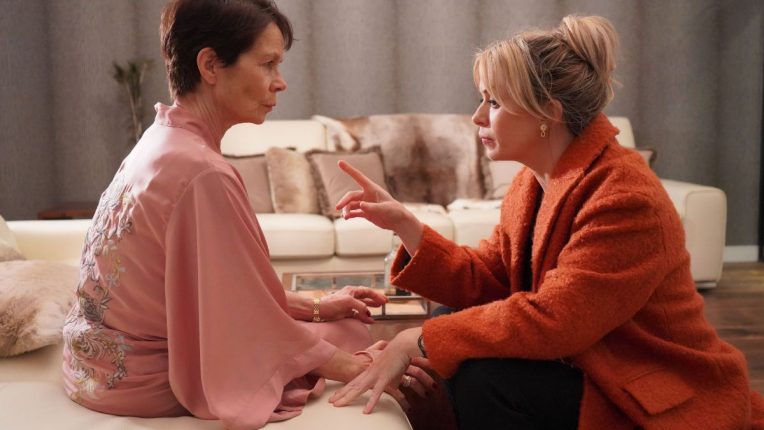
What made the first series of Keeping Faith so hugely popular was not just the superb acting talent of Eve Myles but the strong cast of characters that surrounded her. Keeping Faith has always been, at its heart, a drama about family. It is to Hall’s credit that he has managed to retain this as the central focus, the effect being, in this final series, a real depth to those supporting characters, whose arcs are as important to and invested in by the audience as Faith’s. Catherine Ayers deserves special mention for her heartrending portrayal of Lisa’s alcoholism, the scene at her first AA meeting being one of many powerful moments in this final series. The quiet resolve grown in Tom by Aneirin Hughes is another that has been beautiful to watch, with the presence of strong women, such as Suzanne Packer’s Delyth, being key to this change. I have loved watching Demi Letherby and Lacey Jones grow in their roles as Alice and Megan respectively, each bringing a different temperament that perfectly matches the stubbornness and fragility of Faith herself. Then there is the warm and gentle manner of Steve, who is played to perfection by Mark Lewis Jones, opposite the increasingly jealous and controlling Evan, played by Bradley Freegard. These two men have been magnificent, circling around the magnetic Myles with performances that have helped steer the romantic element away from soppy sentimentality, and ensured that the depiction of a relationship breakdown has been studiously honest and suitably dramatic. Such significant attention to detail has been the difference in ensuring that Keeping Faith has not just been engaging drama but has won the devotion of many fans too.
This devotion has also been generated, in no small part, by its memorable soundtrack. Amy Wadge was rightfully recognised for her musical contribution to the original series, with ‘Faith’s Song’ proving incredibly popular even outside of the series’ run. It returns in this final instalment with a greater appreciation than its more intrusive presence in series two. There is a mixture of recognisable favourites and brand-new compositions, all of which complement the action onscreen. It is in the final scenes though that the emotional weight of the title track in particular is laid heavily on the shoulders of the audience. The complete absence of music in the last episode before this point contributes to the tear-jerking moments that follow. The appearance of Osian (Keogh Kiernan) – having survived the operation that Faith fights so hard for in this series – Alice’s poignant speech, and the intimacy of Faith and Lisa as they walk across the beach to the sea, is enough to get the lip quivering. But it’s the presence of that iconic yellow coat, now firmly worn by Faith, and accompanied by her song, that really starts the waterworks off. It ensures a truly satisfying end to a show that has changed the face of Welsh drama, and been taken to the hearts of so many in Wales and beyond.
From its humble beginnings as Un Bore Mercher on S4C to its primetime slot on Saturday night BBC1, Keeping Faith has been a juggernaut of a drama. It is rare that I get on my hobby horse but I think it’s important, given the constant criticism levelled at its news output, that the future of the BBC and its licence fee is not debated on such a narrow-minded understanding of the corporation to the detriment of gems such as this. Keeping Faith demonstrates the BBC’s commitment and ability to produce quality Welsh drama that is made in Wales, for the people of Wales, but with the potential to reach beyond Wales too. It may not always get it right (see Pitching In) but without it, there is little evidence to suggest that the commercial channels will step up to the mark. The Pembrokeshire Murders (ITV) may represent a rare foray into Welsh representation. However, its risk-taking (a true story crime drama) leaves a lot to be desired. Keeping Faith is unlikely to have been made without the backing of the BBC & S4C. Could its success herald the possibility of a sea-change? I doubt it. But whatever happens, we will always be grateful for Faith Howells. So thank you, Matthew Hall. Thank you, Eve Myles.
Click here to watch the whole series.

Gareth Williams

